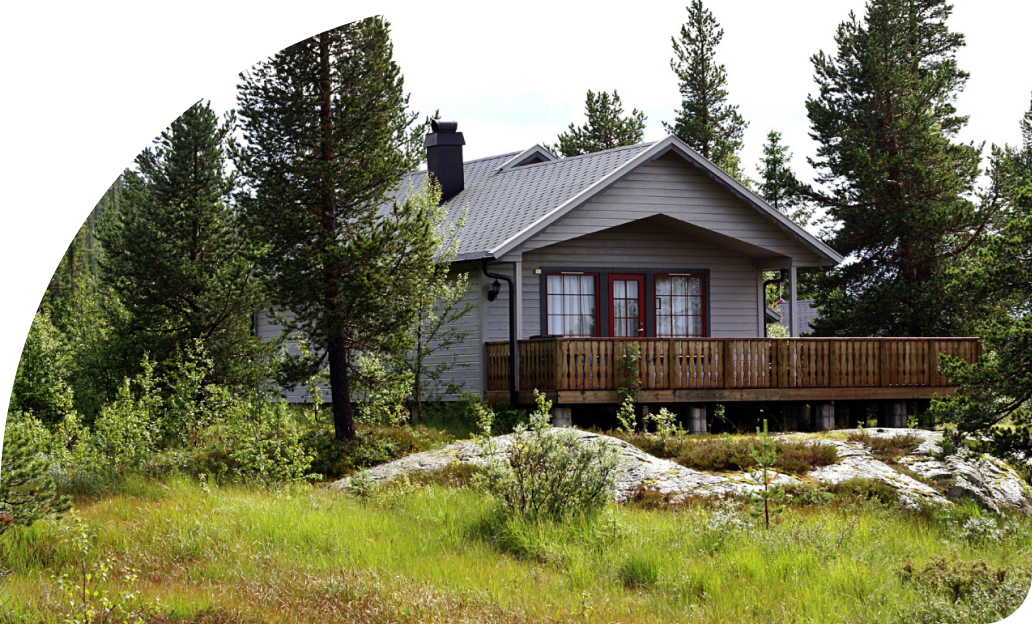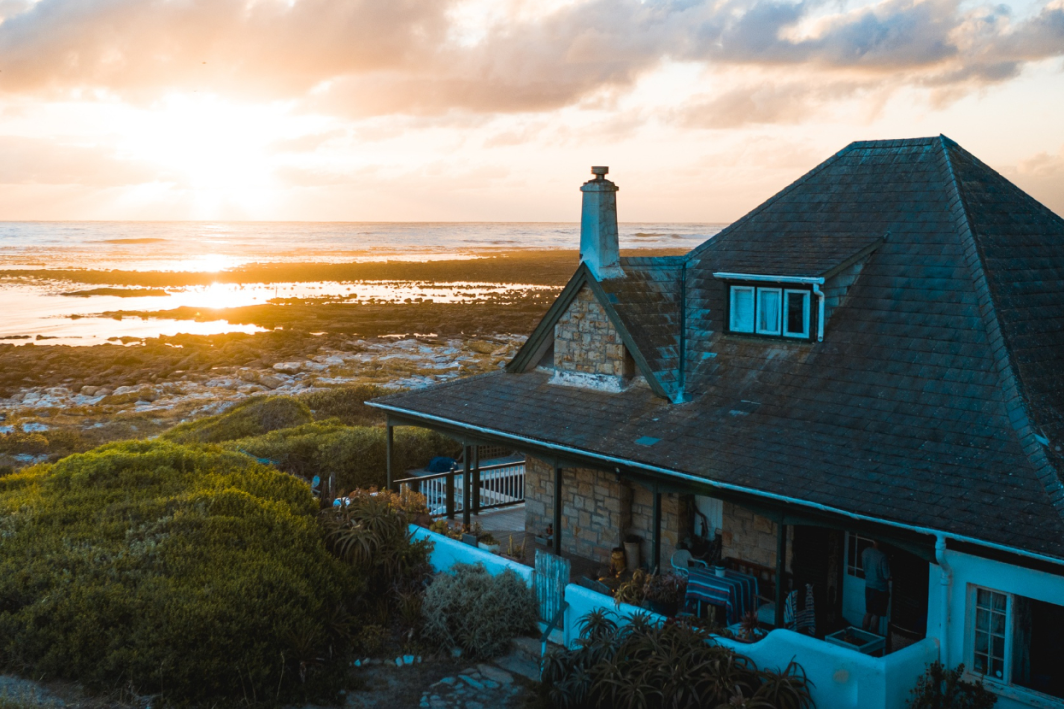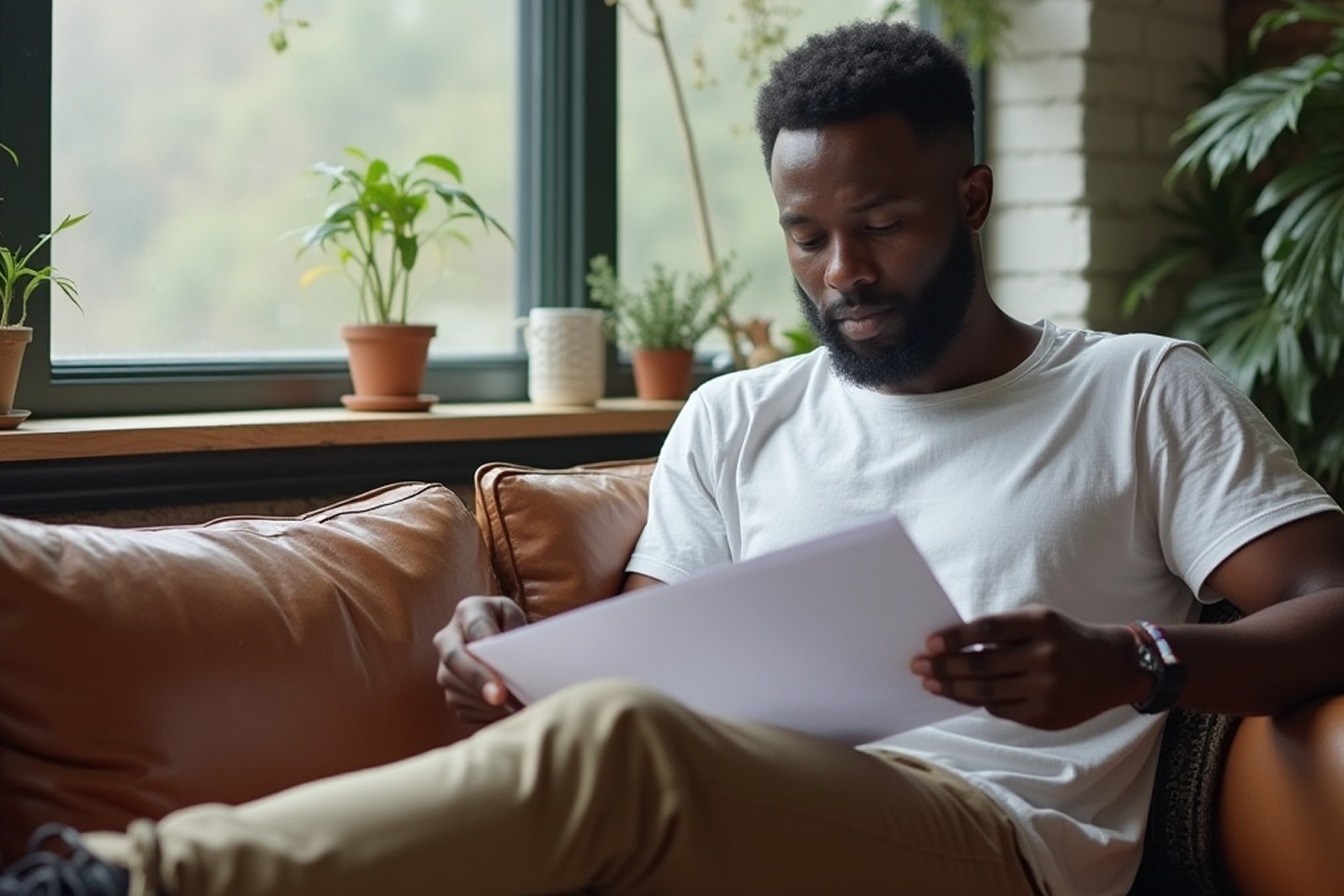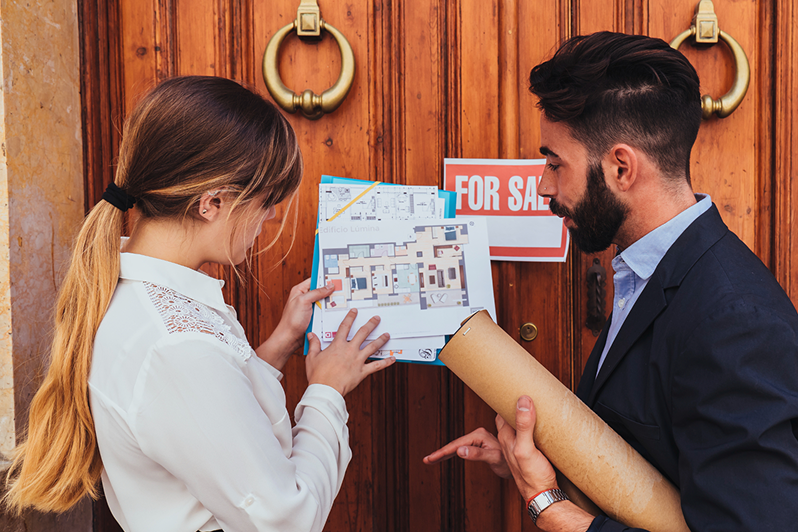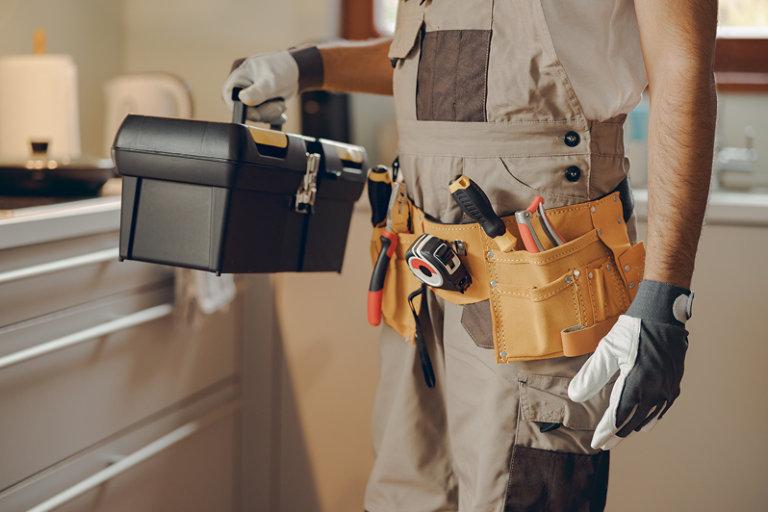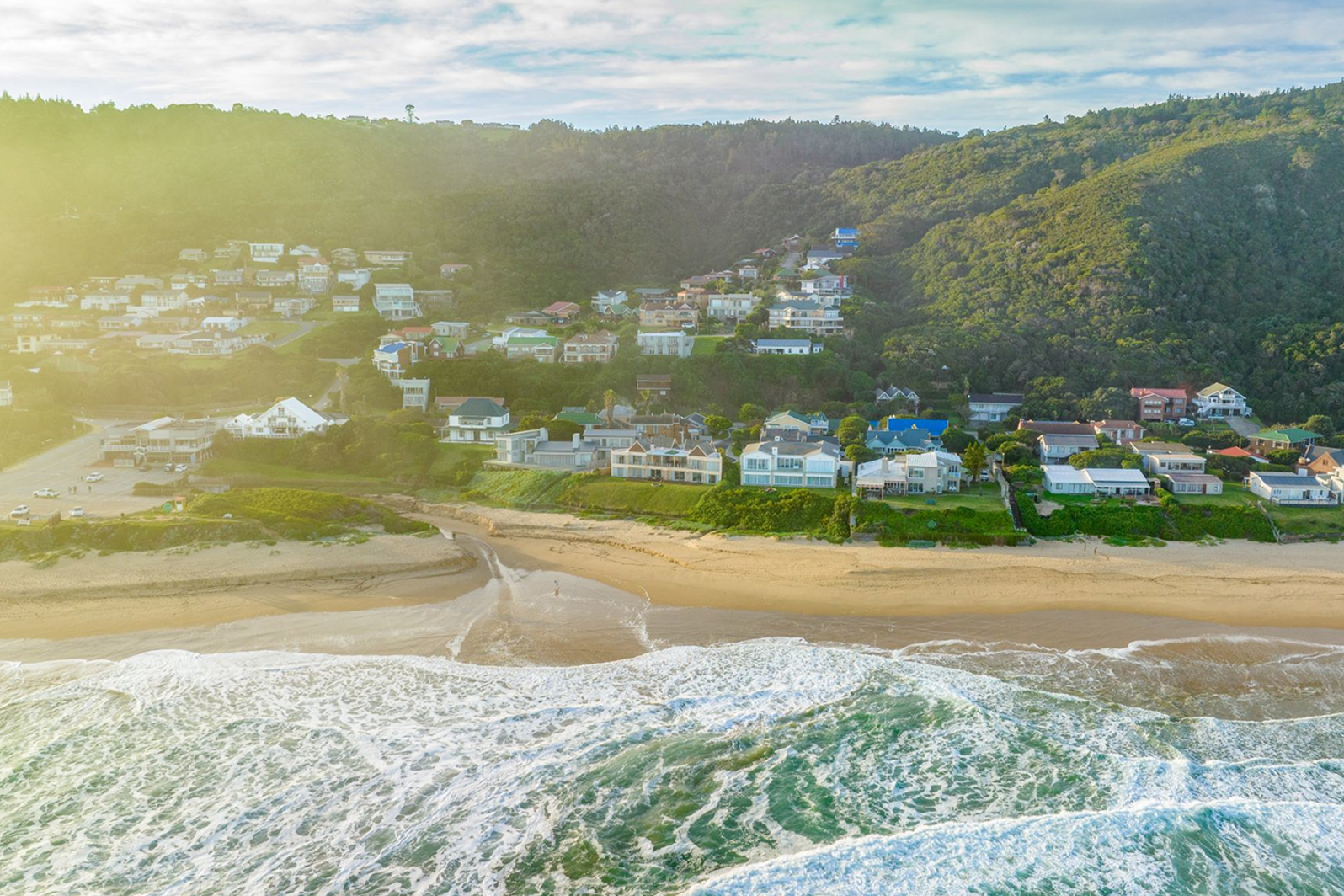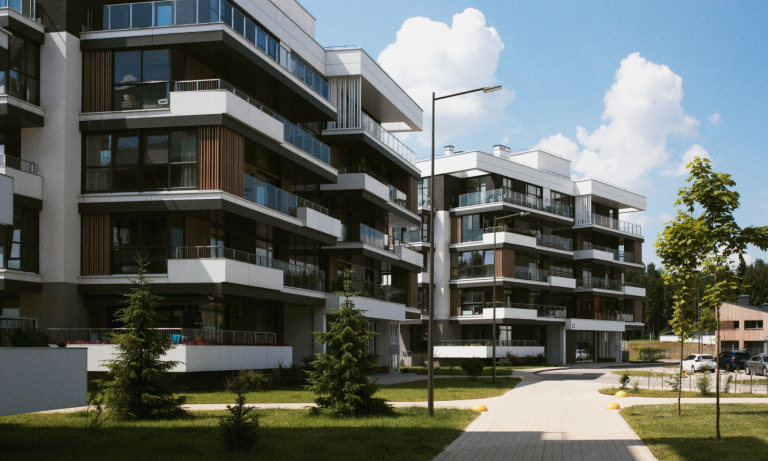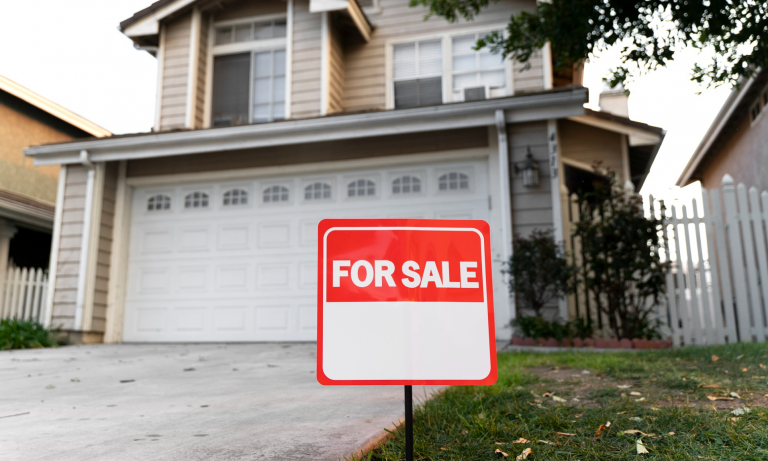How many of us drive up and down the roads of our favourite vacation destination, dreaming of owning one of those holiday homes, imagining our children and even our children’s children enjoying it for generations to come.
You’re not alone if you’ve fallen in love with a particular seaside village or cosy cottage up in the mountains. Nor if you want to make it something to look forward to every holiday. With the current market conditions, it is an excellent time for those with spare cash available to invest in property, since they stand to make excellent returns as inflation and rates decline again over the next few months.
A holiday home doesn’t have to be a pipe dream. It can be something that you and your family will be able to enjoy for years. So, get dreaming! What else do you have to do on holiday other than plan how you can make this happen for you? Dreams meet reality when you’re able to think through the why/where/when and most importantly the how.
Why buy a holiday home? Decide what this space will mean to you
The advantages of buying a holiday home include the convenience of having your own getaway to escape to whenever you want, and never having to worry about booking in time or paying higher accommodation rates during high season.
It’s quite a different proposition to an investment property that you intend to let to short- or long-term tenants. It is more like an investment in your family for those much needed short- or long-term breaks. Therefore, before you buy just any holiday home, here are a few questions to ask yourself:
- Do you want to visit the same holiday destination on a regular basis? Do you and your family enjoy the area come rain or shine?
- Where is your ideal holiday home? Is it far away from the hustle and bustle of the city that you can escape to once or twice a year or is it close-by making it great for both short weekend getaways and long breaks?
- Does your favourite spot fit your current family situation? And do you think it will still work for you in five to ten years’ time? Will you grow into it? Or grow out of it?
- Could you earn rental income from a property you buy in a typical holiday town when you’re not using it? Think off-season and on-season.
- How safe is the area throughout the year? Security is important if your house will stand empty for prolonged periods.
- Could you retire to this destination in the future? And is it close enough that your family and friends could visit you often?
- Do you have access to all the amenities required if you decide to retire here? How close are the nearest hospitals and medical care?
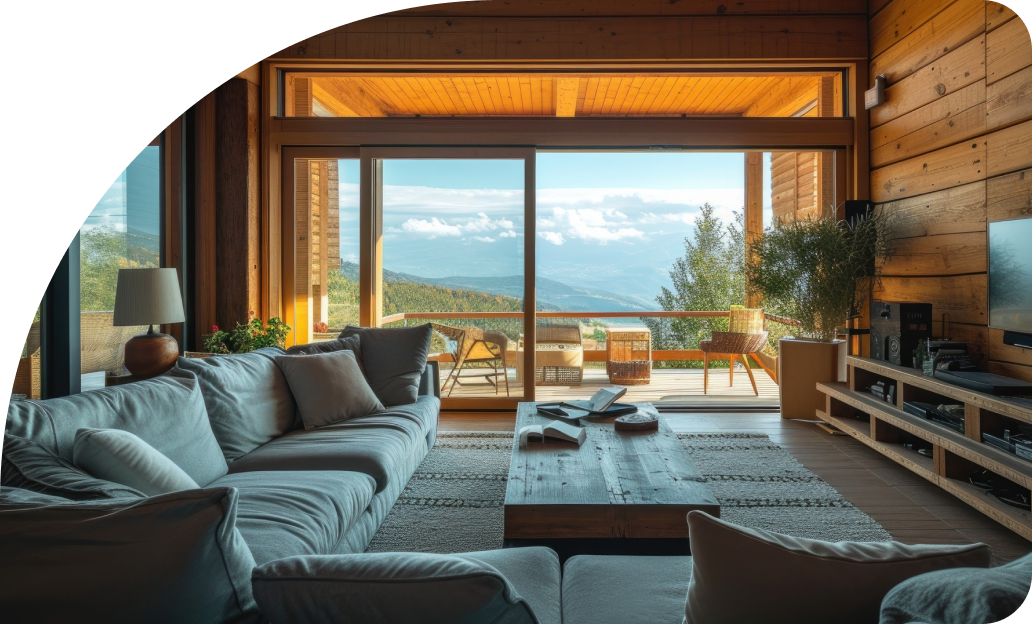
When is it the right time to buy a holiday home?
Your personal affordability is obviously an important factor. Before investing your money, remember that there are property market cycles and fluctuations in interest rates. Do your homework on the area you want to buy in and ensure that neighbouring houses are appreciating in value. Talk to a few property practitioners while you’re on holiday and get a sense of where property values have increased the most and where there might be unrealised pockets of value and properties on the market where you might pick up a good deal. You’ll also need to ask about property re-sale values and can request suburb valuation reports to get a sense of the state of the market.
If there is a chance that your holiday home could one day become your forever home, make time to visit the area out of season to get a feel for the location. You may find that a cold and rainy winter or an unbearably hot summer is too much to bear. Out-of-season months may also not offer the same employment opportunities or customers that your business requires that in-season months do.
How can you make this happen?
If you are buying purely for use as a holiday home, renting it out to make extra income is a good option. Before committing, first check the demand for holiday accommodation in the town you want to buy, how much, if any, demand there is during off-peak periods, and, if the property is part of an estate or complex, whether the body corporate allows short-term rentals. If there is no demand during off-peak periods, are you willing to take your own holidays during off-peak times to ensure the best return on your investment?
Unfortunately, you’re unable to list irregular rental income as an income source when applying for a home loan. Banks will request a signed lease to prove that the property has a long-term tenant in it before they’ll consider rental income as a part of your affordability calculation. You’ll need to be able to afford the full value of your bond upfront, but any irregular rental you earn can be paid directly into it to pay it off faster. Also, be sure to get comprehensive insurance if you do rent your house out.
Taking on long-term debt over twenty to thirty years is a huge financial commitment, and one you shouldn’t do on a whim. Look at your individual and household income and expenses and see if you can cover a deposit and other upfront costs of buying a home, the monthly instalments when you get it financed, and other monthly costs such as rates and taxes, insurance, maintenance, etc.
Once you’ve looked critically at your financial situation and assessed what savings you have available for the deposit/costs, chat to our team of Home Loans Specialists about how to do a pre-approval. The GetGo Home Loans Specialist will help you turn your holiday home dream into a reality.
